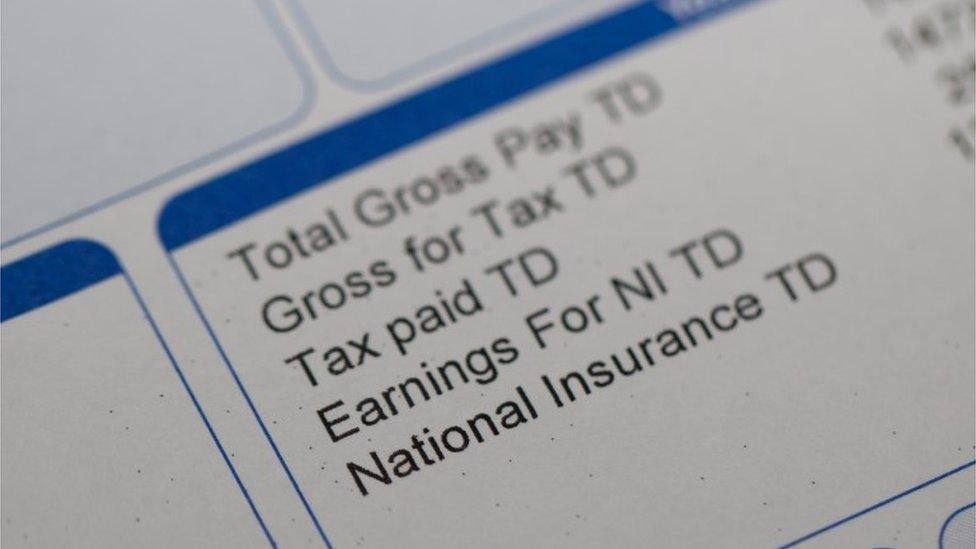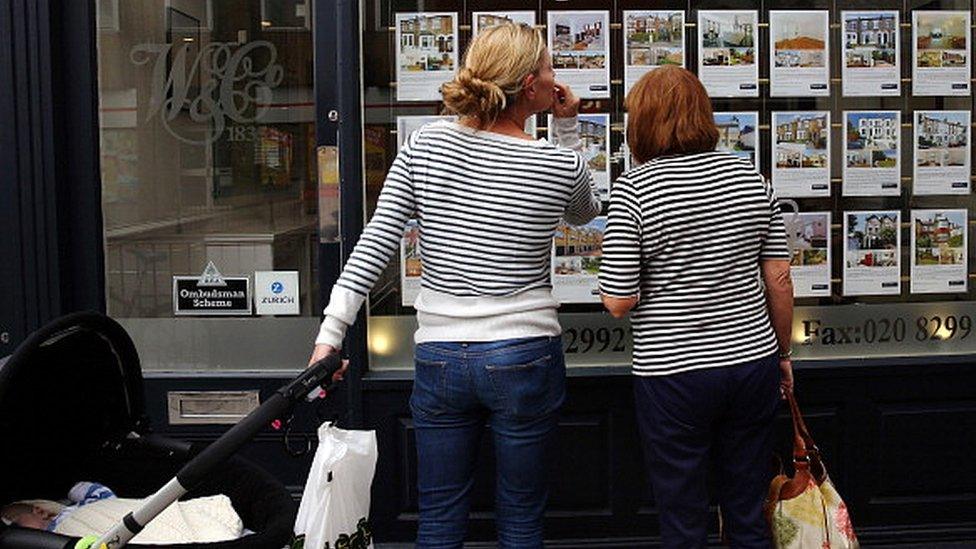Interest rates: The rise is all about your wages
- Published
- comments

Why has the bank raised interest rates? Look no further than your payslip.
After five years of pay growing at a measly average of 1.75%, pay rises are now running at an average of 2.75% and are expected to go higher.
The bank points to survey evidence that two-thirds of companies said they were having to increase pay offers to lure new recruits and having to offer pay rises to keep key existing staff.
The loosening of the public sector 1% pay cap is also expected to push average wage rises a bit higher.
What's wrong with rising wages you may ask?
Well, the bank's number one job is to keep inflation as close to its target of 2% as possible. It's already above that. There are lots of reasons for rising inflation. For example, a drop in the value of the pound pushed up the price of imports and fuel and energy prices have increased over the last year.
These are often temporary and volatile. and the bank will usually look through those short term factors.
Domestic wage inflation is different. It can be self perpetuating and means more money in people pockets which in turn pushes up the price of good and services. Wage inflation is the well spring of rising prices for everything else.
In short, the UK economy has hit its "speed limit". With unemployment at 43-year lows, it can't grow any more without pushing up prices - that is why the Bank has put a mild tap on the brakes.
Where do we go from here?
Many readers will remember interest rates of 5%-plus before the financial crisis, and those of an older vintage will remember double-digit rates in the early 1990s. Are we headed back there? In a word - no.
Markets are betting that we see one or maybe two more rate rises of a quarter point over the next three years and the Bank seems pretty comfortable with that forecast.
In fact, the bank published some detailed analysis as to why it thinks we will not return to pre-crisis interest rates levels for the foreseeable future.
Today is less "lift off" and more like an old man slowly getting out of a chair he's been sitting in for a long time.
- Published2 August 2018

- Published1 August 2018